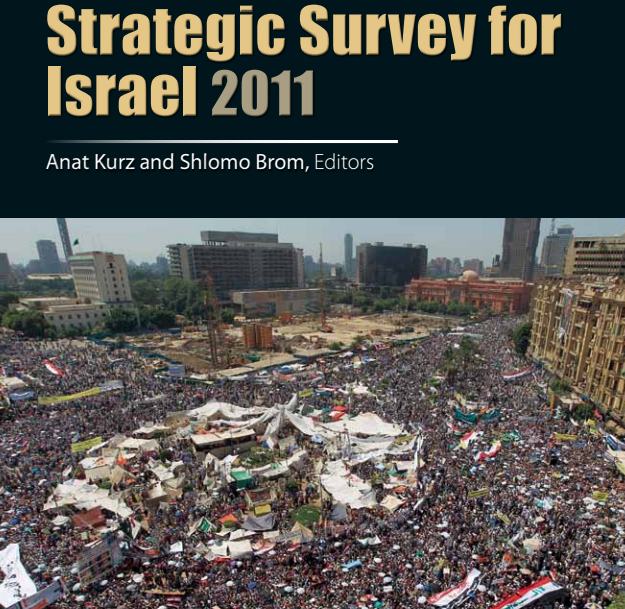Publications
in Strategic Survey for Israel 2011, eds. Anat Kurz and Shlomo Brom, Tel Aviv: Institute for National Security Studies, 2011

In many ways, Turkey’s activism in the Middle East reached a peak in 2010. The Gaza flotilla affair and the aftermath of Israel’s takeover of the Mavi Marmara boosted Trukey’s ranking in Arab public opinion, and Prime Minister Recep Tayyip Erdoִan became the most popular leader in the region. Relations between Turkey and its close neighbors – Syria, Iran, and Iraq – continued to improve. Furthermore, Turkey pursued its efforts to serve as a mediator in the region, and although it did not succeed in brokering significant changes, it was seen as an important player that should be consulted. It appears, nevertheless, that the end of 2010 marked the curbing of Turkish activism in its present form. The wave of unrest in the Arab world that began in Tunisia in December 2010 and the subsequent lack of stability in the area will make it difficult for Turkey to pursue its prior courses. The counter reaction in the West to some of the developments in Turkish foreign policy compounds this difficulty.


